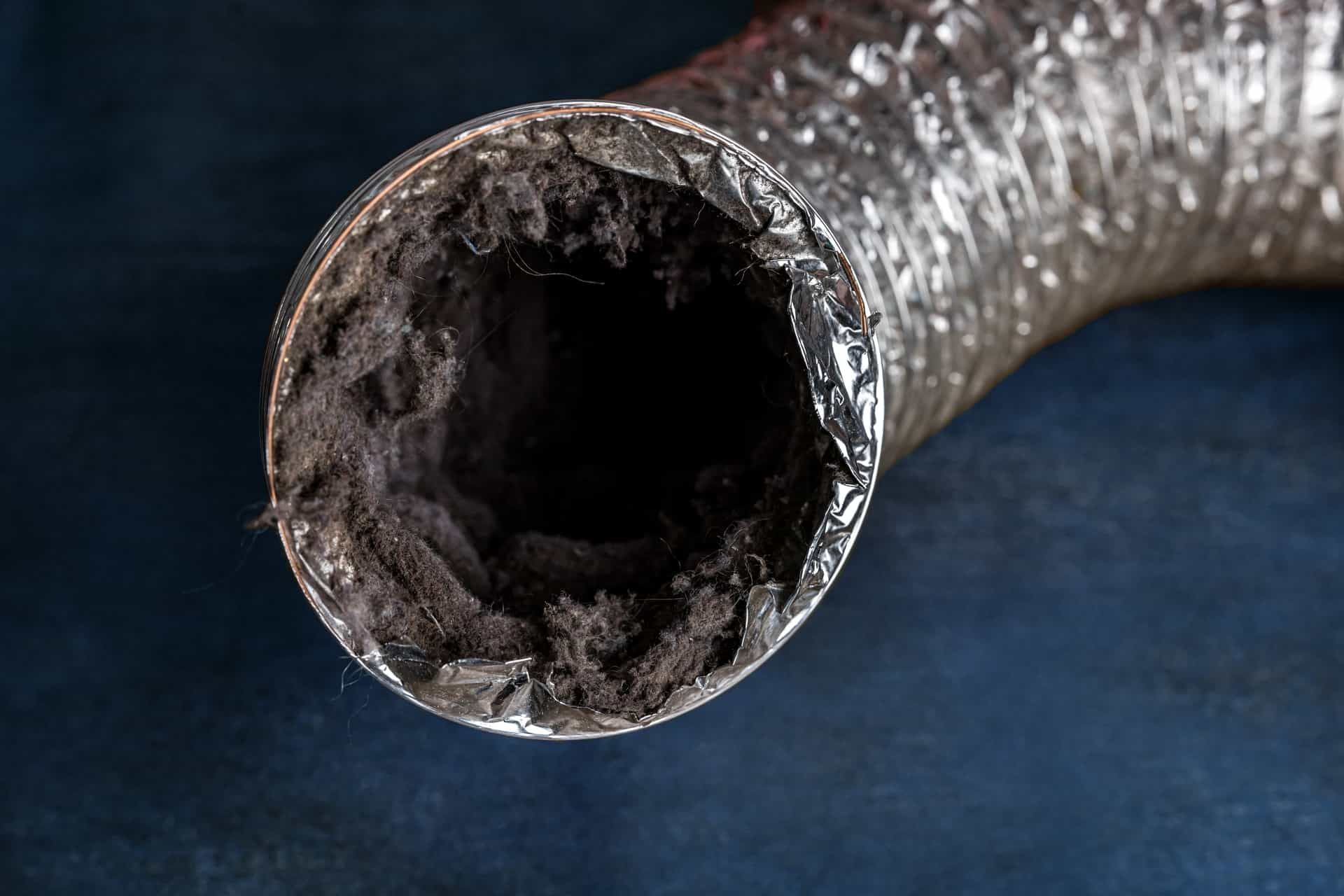6 Signs It’s Time to Repair or Replace Your Septic System
Your septic system is a crucial part of your home’s plumbing. It treats wastewater from your sinks, toilets, and showers, keeping your property clean and safe. But like any system, it can wear out over time, leading to costly and inconvenient problems. Recognizing the signs of a failing septic system early can save you time, money, and stress.
In this guide, we’ll explore six clear signs that it’s time to repair or replace your septic system.
1. Slow Drains Throughout the House
If you notice that water is draining slowly in multiple sinks, showers, or toilets, it might be more than a simple clog. Slow drains across your home can indicate a problem with your septic system, such as:
- A full or damaged septic tank
- Blockages in the main sewer line
- Issues with the drain field
Before calling a plumber, have your
septic system inspected to rule out more serious issues.
2. Foul Odors Inside or Outside Your Home
A properly functioning septic system should not emit unpleasant odors. If you detect a foul smell near your drains, yard, or the area around your septic tank, it’s a sign of trouble. This could mean:
- The tank is full and needs pumping
- Sewage is leaking from the tank or pipes
- The drain field isn’t properly filtering wastewater
Ignoring these odors could lead to health hazards and further damage to your system.
3. Standing Water in Your Yard
Puddles or soggy patches in your yard, especially near the drain field or septic tank, are a major warning sign. Standing water might indicate:
- The septic tank is overflowing
- The drain field is saturated and not absorbing water properly
- Leaks or cracks in the tank or pipes
These issues can harm your landscaping and pose environmental risks. If you see standing water, it’s time to act quickly. Consider a
sewer scope underground pipe inspection to identify and address any hidden blockages or damage before they escalate
4. Unusually Green or Lush Grass
While a vibrant lawn is usually a good thing, overly green or lush grass near your septic tank or drain field can signal a problem. Excess nutrients from leaking wastewater may be fertilizing the grass. This could indicate:
- A leaking septic tank
- Problems with the drain field
While the grass may look healthy, it’s a sign that untreated sewage is seeping into your yard, which can be hazardous to your health and the environment.
5. Sewage Backups in Your Home
One of the most obvious and unpleasant signs of a failing septic system is sewage backing up into your home. If wastewater starts coming up through your sinks, toilets, or bathtubs, the problem might be:
- A full septic tank
- Blockages in the system
- A failing drain field
Sewage backups are not only inconvenient but also pose serious health risks. If this happens, call a professional immediately.
6. Frequent Pumping Without Improvement
Septic tanks need regular pumping—typically every 3 to 5 years—to remove accumulated sludge. However, if you find yourself needing to pump the tank more often without resolving issues like slow drains or odors, it might be time for a deeper
septic tank inspection. Frequent pumping could mean:
- The septic tank is too small for your household
- The tank or drain field is damaged or failing
- The system is too old to function properly
In these cases, repairing or replacing the system might be a more cost-effective long-term solution.
When to Repair vs. Replace Your Septic System
Knowing whether to repair or replace your septic system depends on the severity of the problem and the age of the system.
- Repairs: Minor issues like small leaks, clogged pipes, or a full tank can often be resolved with professional repairs.
- Replacement: If the system is over 20 years old or has major damage, such as a failing drain field or a cracked tank, replacement might be necessary.
How to Extend the Life of Your Septic System?
Proper maintenance can help you avoid expensive repairs or replacements. Follow these tips to keep your septic system in good shape:
- Schedule Regular Inspections: Have your septic system inspected every 1 to 3 years to catch problems early.
- Pump the Tank Regularly: Stick to a routine pumping schedule based on your household size and water usage.
- Avoid Flushing Non-Biodegradable Items: Only flush toilet paper to prevent clogs and damage.
- Use Water Wisely: Avoid overloading the system by spreading out laundry and dishwasher use.
- Protect the Drain Field: Keep heavy vehicles and plants with deep roots away from the drain field to prevent damage.
Final Thoughts
Recognizing the signs of a failing septic system can save you from costly repairs and potential health hazards. If you notice slow drains, bad odors, standing water, or any other warning signs, don’t wait—take action to protect your home and your family. Schedule an
inspection service to identify any issues early and prevent further damage.
Need help with your septic system? Contact
Guardian Angel Inspections today for a professional evaluation and peace of mind!
Disclaimer: The information on this website and blog is for general informational purposes only and is not professional advice. We make no guarantees of accuracy or completeness. We disclaim all liability for errors, omissions, or reliance on this content. Always consult a qualified professional for specific guidance.
Share this entry







